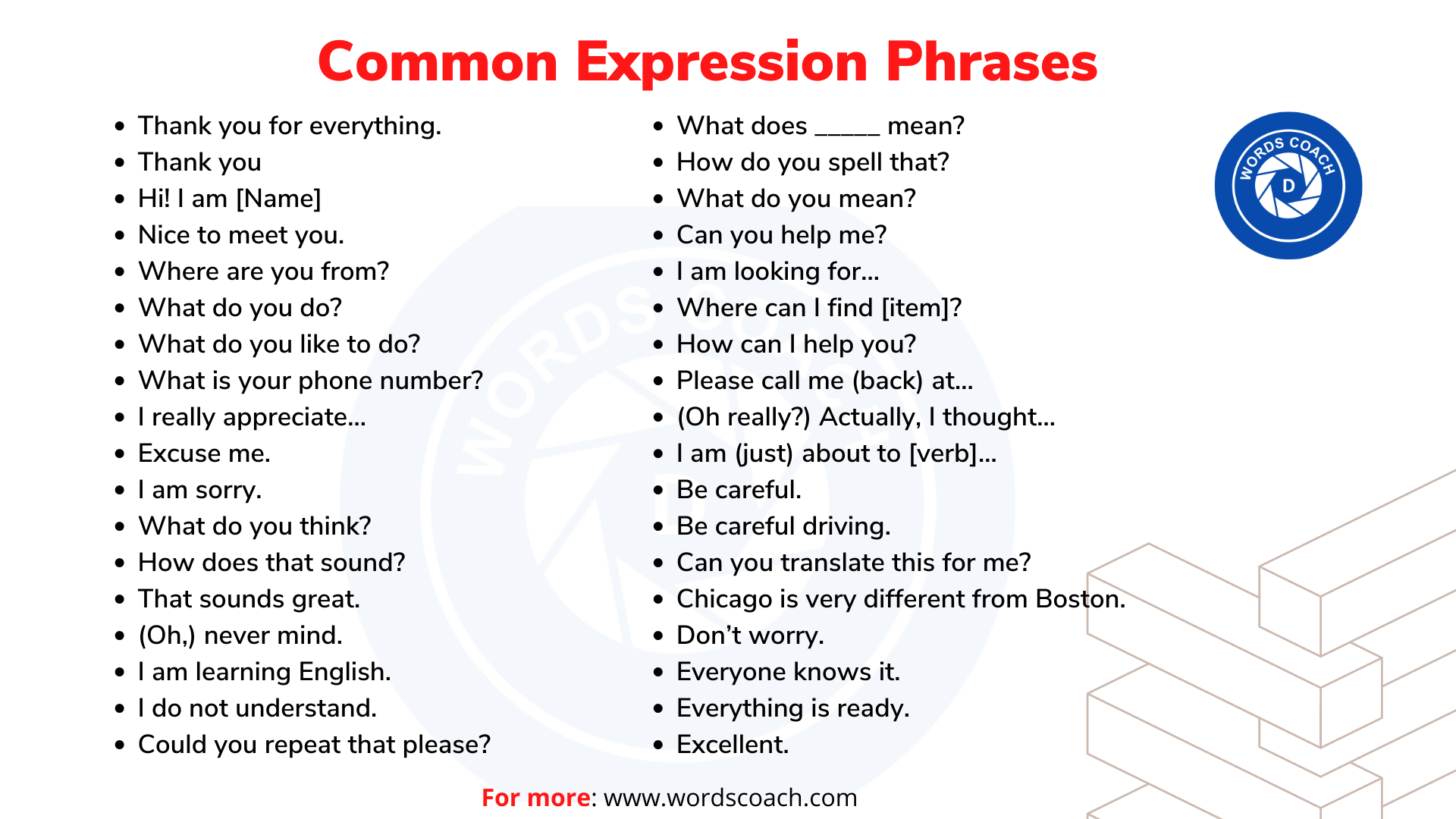When to Use NO ARTICLE in English
Articles (a, an, the) are the tiny workhorses of English grammar, helping us define whether a noun is specific (“the cat”) or general (“a cat”). But there are times when articles take a backseat, and understanding these situations is crucial for clear and natural English. Today, we’ll delve into the world of no article, also known as the zero article.
When Do We Skip the Article?
Here are the key scenarios where you won’t need “a,” “an,” or “the”:
Uncountable Nouns: These nouns represent things you can’t count, like substances, concepts, or feelings.
Examples:
- Love, happiness, water, air, information, advice (Incorrect: The love, an information)
Proper Nouns: Names of specific people, places, days, months, and unique entities generally don’t need articles.
Examples:
- Paris, Monday, Mount Everest, Shakespeare, Sarah (Incorrect: The Paris, an Monday)
General Statements: When talking about things in general, rather than a specific instance, articles are often omitted.
Examples:
- People need water to survive. (We’re not talking about a specific type of water.)
- Dogs are loyal companions. (Not referring to any particular dog.)
Abstract Ideas and Places: Similar to general statements, abstract ideas and places often go without articles.
Examples:
- Let’s go to bed. (Not a specific bed.)
- We should work hard for success. (Success is an abstract concept.)
Materials and Ingredients: When referring to the material something is made of or ingredients in a recipe, articles are usually not used.
Examples:
- The chair is made of wood. (Not a specific type of wood.)
- The cake needs flour and sugar. (General ingredients.)
Parts of the Body (Generally): We typically omit articles when referring to body parts in general.
Examples:
- She touched her arm. (Not a specific arm.)
- (But: The doctor examined her arm* – referring to a specific body part being examined)
Remember: These are general guidelines, and there can be exceptions. For instance, you might use “the” before a body part for emphasis (e.g., “He punched him in the face”).
By understanding when to ditch the article, you’ll elevate your English communication and sound more natural and confident. So, embrace the zero article and express yourself clearly!
Happy writing (and speaking)!









